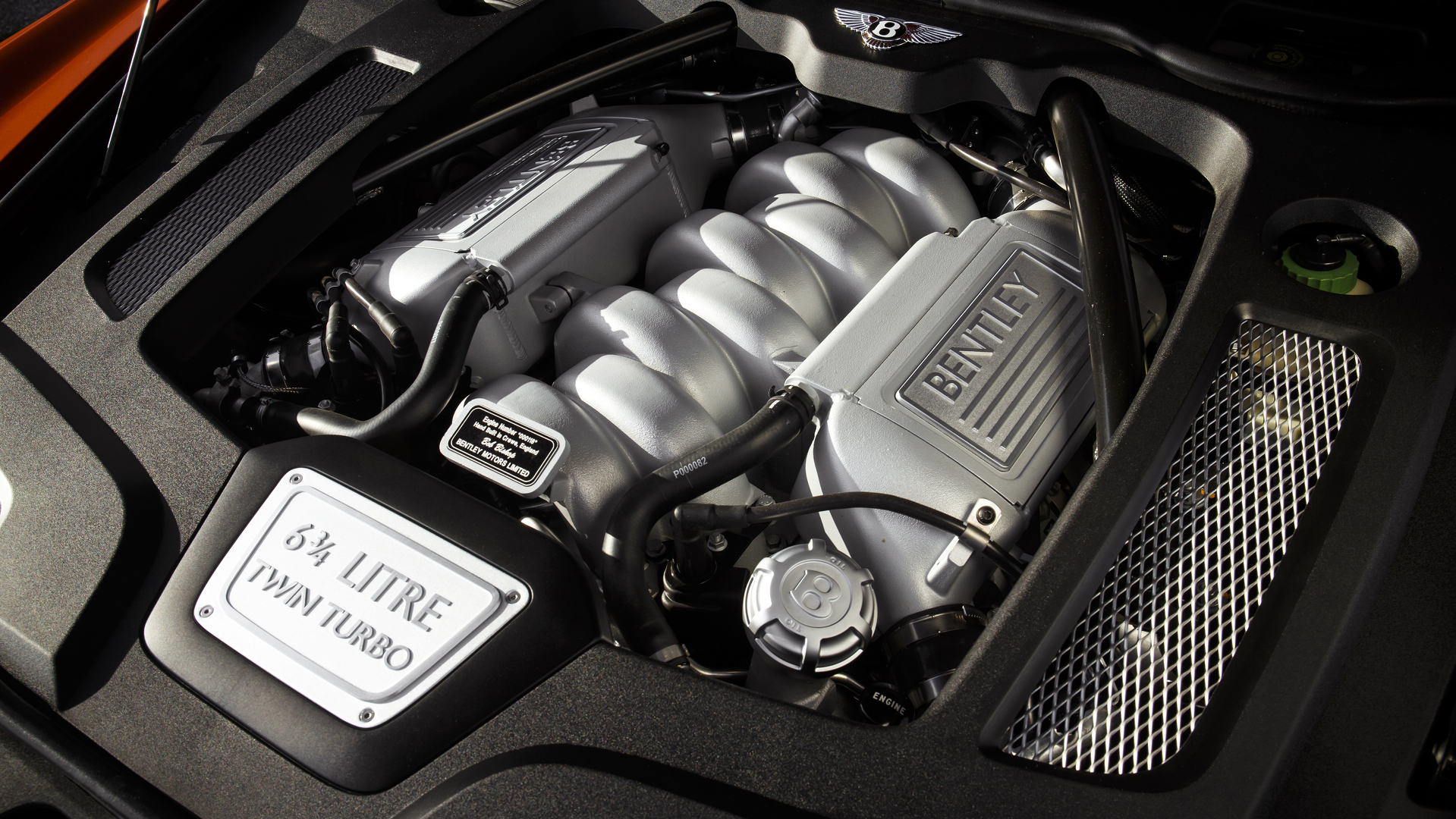

Once a mainstay of cars and trucks across the globe, the V8 is now starting to look like an endangered species. The impending death of the CT6-V will soon displace Cadillac’s precious Blackwing from its natural habitat, and for V8s of the Toyota variety, the clock is already ticking. For Bentley’s historic 6.75-liter V8, the situation is even more urgent, as the species welcomed what will be its final new member on Tuesday, June 2.
Like its 36,000 forebears, the final Bentley six-and-three-quarter was hand-built by a small team of technicians in Crewe, whose seven members have a combined 105 years’ experience building these V8s. This era-punctuating engine will live out its life under the hood of the last Bentley Mulsanne 6.75 Edition, a commemorative, one-of-30 model constructed by the company’s in-house coachbuilder Mulliner.

Originally engineered in the 1950s when Bentley and Rolls-Royce shared a roof, the L-series V8 first powered the 1959 Bentley S2 in 6.25-liter guise. There, it made a modest 180 horsepower. After gaining 0.3 inches of stroke in 1968 to become the 6.75 as well as a Garrett turbocharger in 1982, power grew to around 300 horse in the Mulsanne Turbo, the marque’s first forced-induction model since the “Blower Bentleys” of the 1920s.
Though the 6.75’s days as a Rolls-Royce engine ended with the Corniche in 2002, the engine’s golden era were still ahead. In 2010, Bentley substantially redesigned the 6.75, updating its crankshaft, adding cylinder deactivation and variable valve timing, and most importantly, a second turbocharger, which puffed power up to 530 horse and 774 pound-feet of torque. That’s nearly triple the engine’s original power output, which is made all the more impressive by the fact that Bentley reduced its emissions by over 99 percent.
As every L-series from the first 6.25 to the final 6.75 shared the same bore spacing and block architecture, the 6.75 is considered the longest-produced V8 in history, its 61-year run eclipsing even the Chevrolet small-block’s 49-year lifespan.
Though Bentley’s new flagship sedan, the Flying Spur, won’t have a V8, the engine configuration won’t be gone from the British automaker’s portfolio. Four-liter, twin-turbo units will still be available in the Continental GT and Bentayga, though being Audi-derived engines at heart, they won’t inspire drivers to wave the Union Jack like the ole six-and-three-quarter did.
Got a tip? Send us a note: tips@thedrive.com